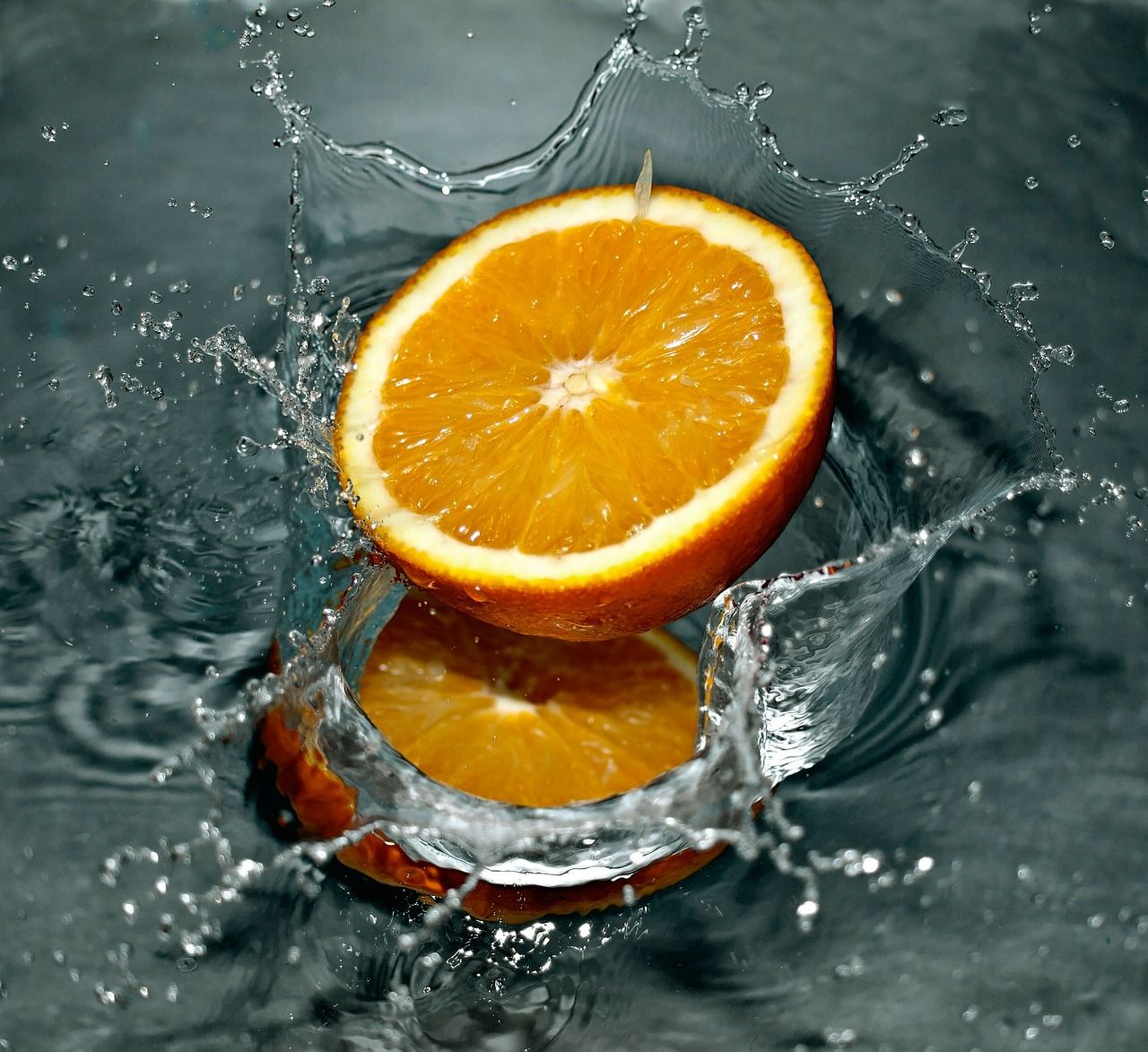Food waste tech startups are finally getting the attention of the high profile investors they deserve.
This week, Apeel Sciences, a biotech startup targeting food waste, raised $33 million in Series B funding in a round led by big name, generalist venture capital firms Andreessen Horowitz and DBL Investors.
Other heavy hitters in the food and ag space joined the round including S2G Ventures, Tao Capital Partners, and the relatively new Powerplant Ventures.
Apeel Sciences uses agricultural byproducts and waste such as orange peels to manufacture a formula that can be applied to fresh produce to extend its shelf life.
This solution leaves a thin barrier on the outside of fruits and vegetables to slow down the rate of water evaporation inside the produce, which is what leads to its ultimate decay. Applying a film to produce is not a new concept; currently, food processors apply wax films, but these do not enable the gas exchange that’s also vital to preventing decay.
“In order to maintain moisture inside fresh produce, processors have needed to apply so much wax-based formula that it’s prevented the gas exchange that’s necessary to avoid negative physiological characteristics,” said James Rogers, CEO of Apeel Sciences. “We can maintain both the moisture and allow a delicate balance of gas exchange to allow for the proper physiological maturing of the fruit while dramatically slowing the rate of spoilage.”
Apeel Sciences’ products are 100% edible and decompose in the environment the same way that food does.
A growing awareness globally of just how much food goes to waste has brought the issue into the mainstream attracting the attention of investors and philanthropists worldwide. In the US, about 40% of all food grown is wasted, and the country spends over $218 billion, or 1.3% of GDP, growing, processing, transporting, and disposing of that uneaten food. Figures in other parts of the world can be even higher.
Earlier this year, the Fink Family Foundation launched ReFed, a multi-stakeholder coalition of over 30 business, government, and nonprofit leaders committed to reducing food waste. In March 2016, it released A Roadmap to Reduce US Food Waste by 20%: the first ever national, data-driven economic study by a multi-stakeholder group to outline solutions to food waste.
But investment dollars going into food waste innovation remain low. In 2015 AgFunder recorded just $93 million in funding for “waste tech” startups, which was less than 2% of the total investment going into the agtech sector that year ($4.6 billion). And during the first half of 2016, some $29 million was invested. This comes in stark contrast to the $553 million invested in food delivery startups and the $333 million raised by precision ag startups; those that are focused on increasing food production on the farm.
The entrance of big name venture capital firms like Andreessen and DBL Investors should help to bring the sector into the spotlight for more venture capital firms and help startups raise funding for their related technologies.
“When we started in 2012, this was a problem that no-one was talking about despite the obvious challenges, and the magnitude of the problem was not really understood or publicized,” Rogers told AgFunderNews. “Since then we’ve really seen media attention moving towards these issues, and that’s really helped us to tell our story. We are now not just a group of scientists talking about the spoilage of fresh produce, but there are major media outlets detailing how big of a problem is it, so that was really market validation for us and allowed us to focus on the science.”
Apeel Sciences launched in 2012 out of a new venture competition at the University of California which granted them $10k to formally incorporated the company. The Bill & Melinda Gates Foundation later awarded them a $100k grant to test their concept, and they leveraged that to raise a $1.25 million seed round in January 2014 to build a proof of concept. In July 2015 the company raised a $6 million Series A led by Upfront Ventures. That funding was used to scale-up the manufacturing of the formula, get FDA approvals and ship the formula internationally for demonstration to potential overseas clients.
There are 10 other startups and products innovating in the shelf-life enhancement space, according to ReFED’s Innovator Database. They are:
- AgroFresh
- Aseptia
- BiOWiSH Fruit & Vegetable wash
- Bluapple
- BluWrap
- Citrosol
- Food Freshness Technology
- Fresh Paper
- Hazel Technologies
- Nagase
At least four of these are focused on inhibiting ethylene, the plant hormone associated with maturing and ripening, which ironically is used by agricultural companies to promote quicker ripening of their produce for market.
Are you a startup innovating in the food shelf-life enhancement space? Get in touch! [email protected]





